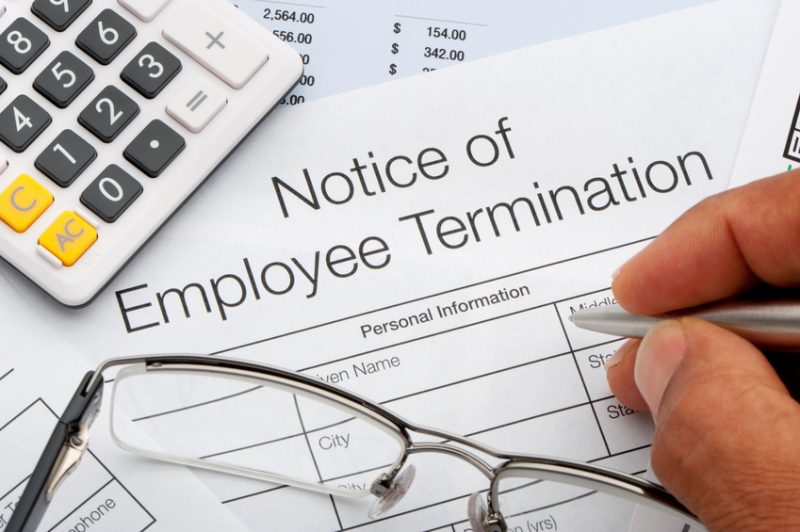In this week’s edition of Wash Wisdom, we discover best practices for firing employees and managing startup concerns.
Helping carwash managers ease concerns about firing employees
In Twin Cities Pioneer Press contributor Amy Lindgren’s article, “Working Strategies: Fire at will — termination tips for managers,” she states that, “More often than you might think, managers with difficult employees consider leaving the company themselves rather than deal with the offending worker.” Lindgren states that some managers are just tired of having conflicting values with poor employees, and since they also see themselves as nurturers, it goes against their grain to see an employee fail and have their jobs terminated.
In addition, Lindgren says, there are several other reasons why managers might be hesitant to fire employees, including: If significant resources have going into the employee’s training; if the position is difficult to fill; if the employee belongs to a protected class; or if the employee belongs to a labor union.
With these concerns, it’s little wonder why managers might quit themselves before firing employees, Lindgren says. However, Lindgren provides four ideas to consider to help managers come to terms with firing employees:
- Don’t get left with all problem employees. While the recent recession may have prompted good employees to tolerate work situations with problem employees, when good employees start feeling better about outside prospects, they will leave rather than be tied to a toxic work environment with poor performers. If you delay letting go of bad employees, you’ll end up stuck with them as your good ones leave.
- Better to get it over and done with. While being let go is a humiliating experience, for employees, it can often be even more depressing to be stuck in a job where they can’t perform the duties. Unless your business demands implementing performance improvement plans (PIPs), it’s usually better not to give false hope with a program that has little chance of success. If your company does require offering a PIP, be upfront with the employee about his or her standing to avoid giving the impression of job security.
- Employees will learn from dismissals. Lindgren, having been fired five times herself, knows this all too well. Whether her dismissals were justified or unjustified, she took a lesson from each one. She either received immediate feedback on her performance or realized later that she was better being let go from a setting where there was no opportunity for growth.
- Everyone moves on. Whether an employee moves upward internally, follows after a different outside opportunity or is asked to leave because of a mismatch with the company, recognize that most of your employees will move on at some point. Once you come to terms with that concept, it will be easier to face the decisions you have to make in the present.
Read the full article here.
Related article: How to keep quality employees
Managing major startup concerns
According to the article “The No. 1 Problem Every Startup Has” on Fortune’s website by contributor Andre Lorenceau, there are three major concerns that can keep new business owners up at night:
- Managing growth properly. As businesses grow, different job roles are bound to evolve. Make sure the affected employees are okay with those changes and see if you can help them adapt to that role if they are having trouble. If they can’t adapt, you may have to consider finding a better person for the job, and it will have to be someone who can handle the constant change of a startup business. In addition, make sure your internal communications system evolves with you. It’s much easier to keep a smaller team all in the know than a bigger team. And, as you grow, information may only need to be shared on a need-to-know basis. However, if your team is failing to communicate properly (or even at all) and, for instance, constantly assumes that someone else is taking care of a job or is simply unaware of a situation, your operations could suffer greatly.
- Marketing. How much marketing is too much and how much is too little? While you want to make sure that others know about you, if you oversell yourself and don’t focus enough on your product or service, customers will come away dissatisfied, which is more harmful than not marketing at all. It’s a fine line to walk between making sure you stand out from other startups so that potential customers and competition recognize you and not overselling, all while keeping to a strict marketing budget.
- Keeping the company true to itself. While receiving feedback from customers is important, you cannot possibly implement every suggestion. In fact, while some suggestions for expanding into different areas of business may be tempting and lead to some stressful decision-making, you must reaffirm what your company’s core purpose and values are and decide what changes would flow with or against them.
You can find the full article here.














